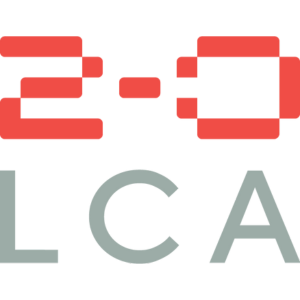What if we had a single point of entry to climate data for all products in the world?
The aim of the Getting the Data Right project was to establish exactly that, and the goal is not as farfetched as one might think.
Governments as well as companies and organisations all over the world have set targets regarding their CO2 emissions over the past decade or so. Political agreements such as the EU Green Deal have further pushed the need for collecting, validating, and reporting data. Currently, this process is up to the individual organisation, and it is too random and unprecise.
There is a need for mutual, accurate, up-to-date, and accessible data to meet the need for serious reporting on climate data. The Getting the Data Right project provided these data as an open source and easy-to-use platform in June 2025 in form of the BONSAI database. The project started in 2021 and was funded by the KR Foundation with 39 million DKK.
The end goal is “One standard, one database, one message”, which calls for a database with new global datasets and independent insights based on life cycle assessments (LCA) that serve as basis for the ‘next generation whole-of-economy’ and full value chain centered climate policies as they must unfold over the next decade.
Why is this database better?
There are different ways to link demand for products and responses of processes in product systems in LCA models. The BONSAI database uses a method based on cause-effect, while there are other models which use a normative consensus-based approach (e.g., the EU PEF Guideline and database underlying the PEF system).
Nonetheless, existing guidelines such as PEF produce misleading results as it is not possible to normatively negotiate what are real effects in product systems. Existing guidelines can be improved by following the procedures leading to the BONSAI database with the aim of having the database used as the default for the PEF system and related systems, such as RED II, Level(s), and FAO (LEAP).
Leading the project was Professor Jannick Schmidt and Professor Bo Weidema from Aalborg University, Denmark. Both have contributed significantly to the development of LCA databases, hereunder the input-output-based EXIOBASE and the ecoinvent database.





